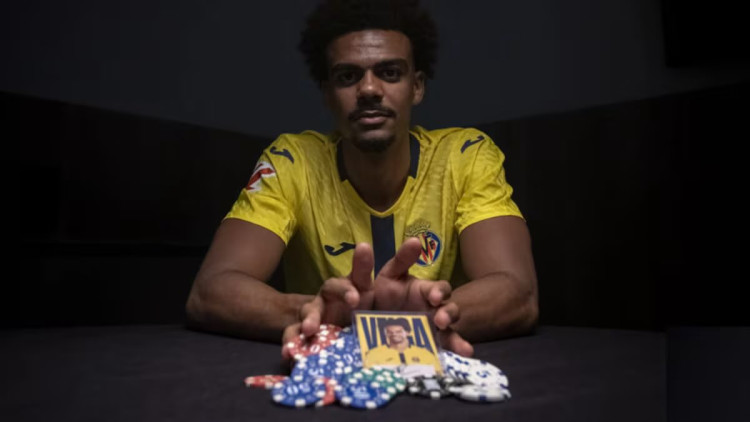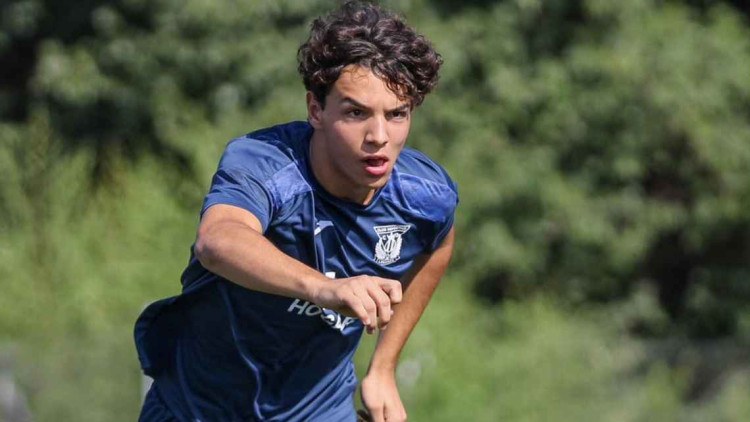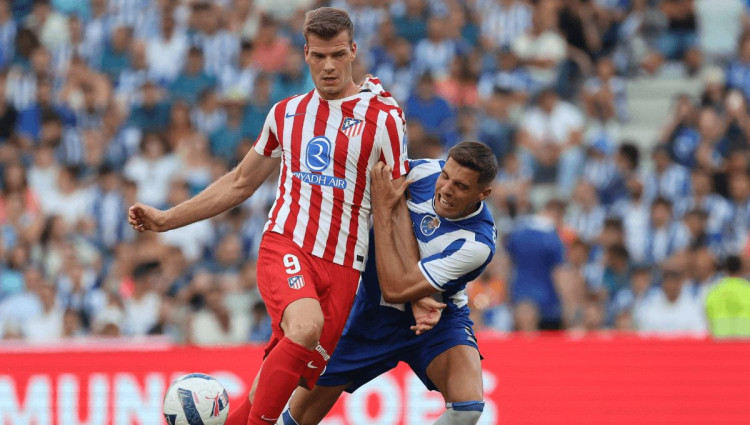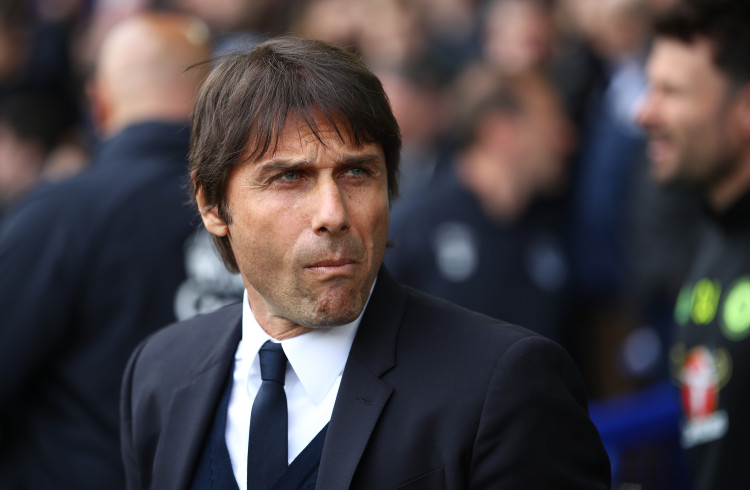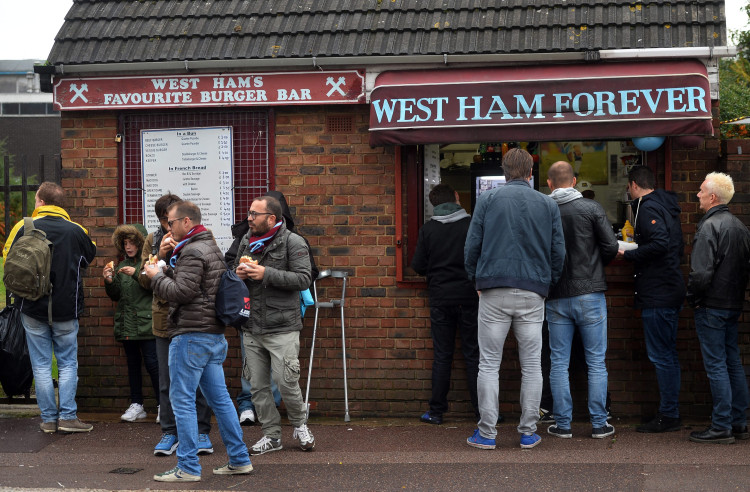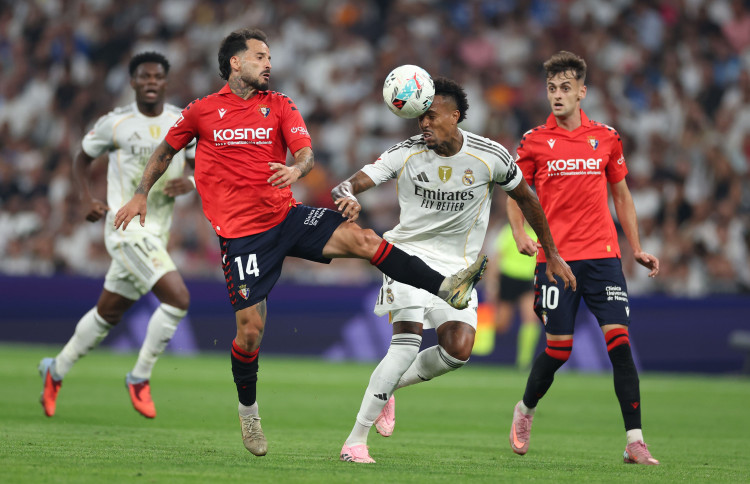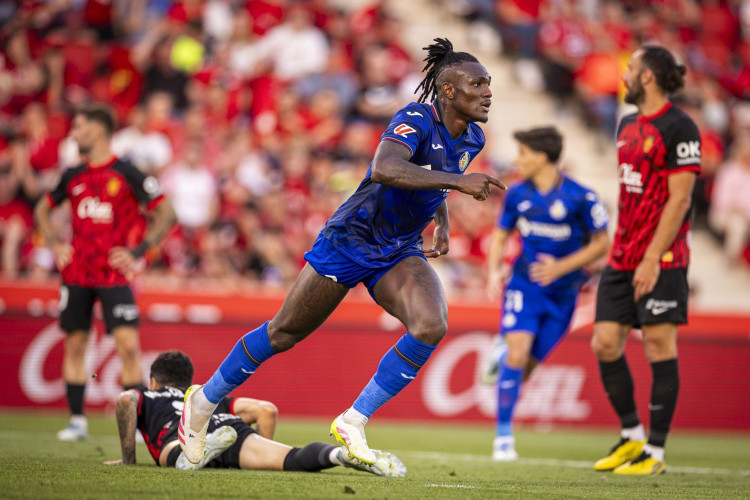
Defence-First Tactics Keeping Clubs Alive in La Liga
Several La Liga teams are turning to practical, defence-first strategies to keep their top-flight standing in a time of possession-dominant giants. To stay in the league, teams like Alaves and Getafe rely on well-organised low blocks and fierce counterattacks, putting structure over showmanship.
On game day, some fans might check offshore casino platforms open to UK players for a quick report, but the team’s goal on the field is to be tough and shape the ball. This methodical, risk-averse way of thinking needs everyone to focus and agree. These teams turn the penalty area into a fortress by giving up style for strength. That steady buildup of points keeps them in the game over time.
Compact Defence Wins Points
The best defensive groups in Spain work together almost telepathically and with strict discipline in space. Jose Bordalas and other coaches teach teams to move together, closing off centre channels and driving assaults to the touchline. This disciplined defence reduces obvious opportunities and frequently leads to clean sheets. The approach relies on physical fitness, concentration, and repeated practice until the block becomes second nature
Managing Player Workload
A high-intensity, defence-first style puts plenty stress on a team and requires careful planning of their workloads. Players need to peak for certain games and then rest between big blocks. Recovery sessions, incremental conditioning, and focused mobility lower the chance of soft tissue injuries. A single mistake made because of weariness might lose a point.
Analysts often use data banks, including from bookmakers, to gian an insight into how much strain the players are under, with coaching decisions are based on objective data and medical opinion.
Transfers That Fit Low Blocks
To get players for a defensive team, you must follow a strict process that puts fit over fame. Scouts look for centre-backs who know their positions, aggressive midfielders, and forwards who can hold the ball and press hard.
In their spare time, but transfer work depends on video, profiles, and measures that are specific to each job. That includes finding players who are capable of remaining disciplined, and have the personality for the style of play. Signing choices are based on scouting reports and how well the player fits the team’s needs. In recruitment, the real skill is to find economic deals that will do well in a low block. That smart choice keeps the system running on a budget.
Fan Impact and Revenue
A defensive tactic can make the game less exciting and might hurt the atmosphere in the stadium and on match day. Some fans are okay with playing it safe to stay alive, while others wish to play more daringly. Fans may find their attention drifting to betting sites during breaks, but season tickets and business partnerships bring in regular money.
Sponsorship and broadcast attractiveness are based on a club’s brand, not just one game. Clubs need to find a balance between staying alive in the near term and creating an identity that people want to buy – although some clubs, like Getafe, have made the style a part of their identity.
Survival Choices for Clubs
Adopting a defensive personality is an approach that puts safety and fight over risk and quality. For many teams, playing cautiously is the best way to keep their La Liga standing and the money that comes with it. Boards and coaches may look at betting to understand how people feel, but budgets, estimates, and sports objectives are what matter.
Then, operational strategy ensures that hiring, training, and getting ready for matches are all geared toward survival rather than show. It’s a dangerous road that needs the club’s full support and exact performance on game day.



